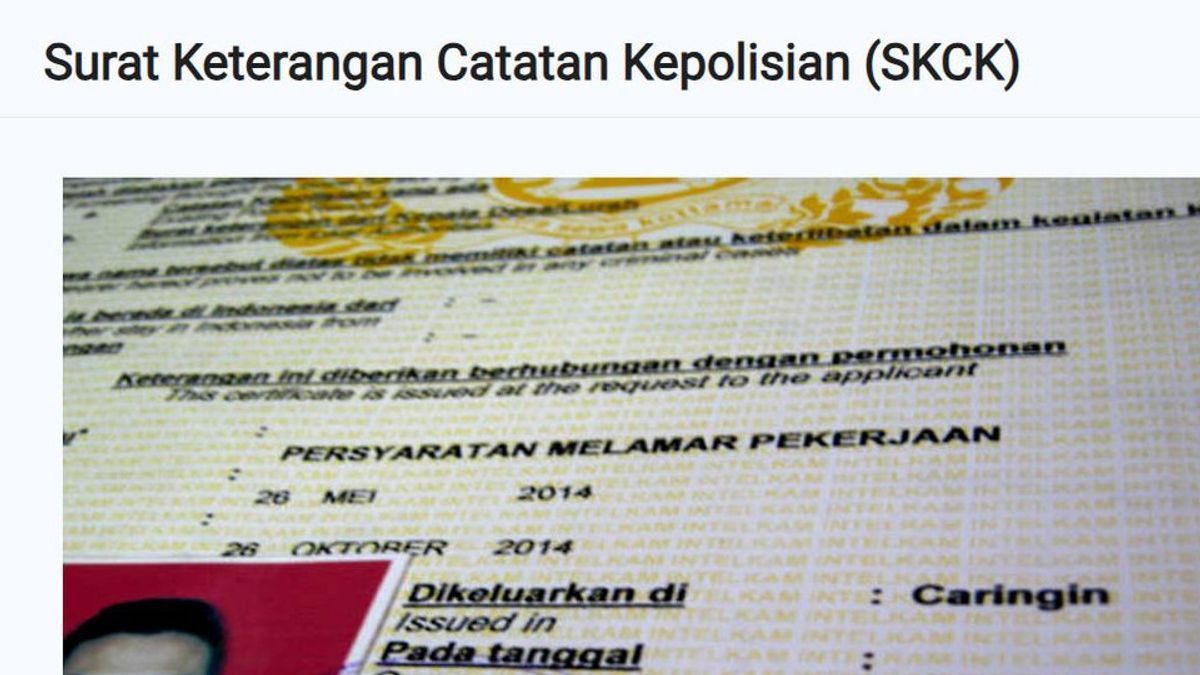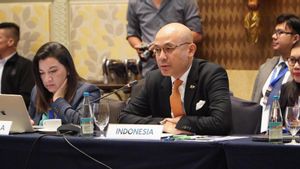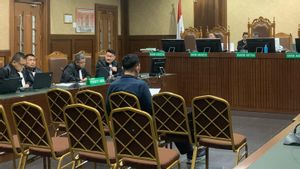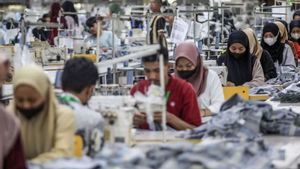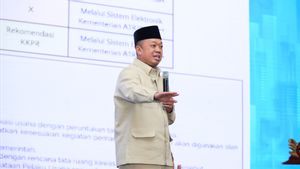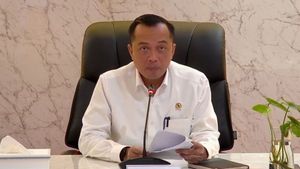LSPR political communication observer Ari Junaedi considers that the abolition of the SKCK is a bold breakthrough that the DPR must follow up on. According to him, this policy is not only a simplification of the bureaucracy, but also reflects the state's commitment to providing convenience for its citizens without having to be burdened by irrelevant procedures in the modern era.
To note, Commission III of the DPR supports the proposal to abolish the SKCK because it is considered a 'cool wind' in an effort to simplify the bureaucracy. In addition, the proposal is considered an effort to prevent illegal levies that often occur in the field during its issuance.
"The birth of SKCK cannot be separated from New Order products that always prioritize repressive and anticipatory steps towards security, thereby curbing democracy. Imagine, SKCK becomes a controller and determines a person's fate in finding work," said Ari, Tuesday, April 8.
Ari also considered that the positive response of commission III indicated that the DPR, which is a partner of the government, would support policies that favor the interests of the people.
"The existence of SKCK so far has created more obstacles for the community, especially in economic and social aspects. In practice, SKCK discriminates against residents and opens opportunities for illegal levies in society," said Ari.
"Although officially making SKCK is free, in reality there are still 'salam pastings' that must be given to obtain them. So the DPR's support for the elimination of SKCK means a lot to the people," he added.
Furthermore, Ari revealed, complaints about SKCK requirements have actually been voiced by people in almost all corners of the country. "Many residents feel burdened with this document, especially because the procedures are complicated and often drain extra costs due to the practice of illegal levies," said Ari.
Therefore, according to him, it is time for the DPR to restore public trust by encouraging the presence of national legislation products that strengthen the rules for the elimination of SKCK. "The ball has been rolling from the Ministry of Human Rights, and now is the time for Senayan to provide reinforcement," he continued.
Meanwhile, in the context of human rights enforcement, according to Ari, so far the SKCK requirements have also been discriminatory against individuals who have had criminal records in the past. Especially for ex-convicts who have completed their sentences and want to return to mingling with the community.
Ari said ex-convicts often have difficulty getting jobs or access to other services just because of a history in their SKCK even though the law has given them the opportunity to reorganize their lives.
"Seharusnya, negara memberikan peluang kedua bagi mereka yang ingin berubah dan berkontribusi positif bagi masyarakat, bukan malah membatan dengan persyaratan yang sulit," jelasnya.
"Currently we live in an era of openness and transparency, where a person's track record aspect should no longer be the only parameter in determining someone's chances," added Ari.
With the support from the DPR, Ari hopes that bureaucratic reform which is more inclusive and in favor of the community will be more real.
"The public certainly hopes that this discourse does not stop in the middle of the road and can immediately be realized in the form of policies that have a direct impact on their lives. In the future, similar steps are also expected to continue to be initiated in order to create a government system that is more efficient, transparent, and fair for all citizens," he concluded.
As is known, the Chairman of Commission III of the DPR, Habiburokhman, stated that his party agreed with the Ministry of Human Rights' proposal to remove SKCK which had so far been considered to have no significant impact.
Menurut Habiburokhman, SKCK sebagai sebuah persyaratan terkadang justru menyulitkan masyarakat. Misalnya, saat sedang mencari pekerjaan. Penghapusan SKCK ini juga bisa diberlakukan pada semua pihak, termasuk para mantan narapidana.
SEE ALSO:
SEE ALSO:
"I often question, right. How about this SKCK from the PNBP? My sequence is not significant. What have you done. The police are tired of taking care of SKCK," said Habiburokhman some time ago.
The English, Chinese, Japanese, Arabic, and French versions are automatically generated by the AI. So there may still be inaccuracies in translating, please always see Indonesian as our main language. (system supported by DigitalSiber.id)
